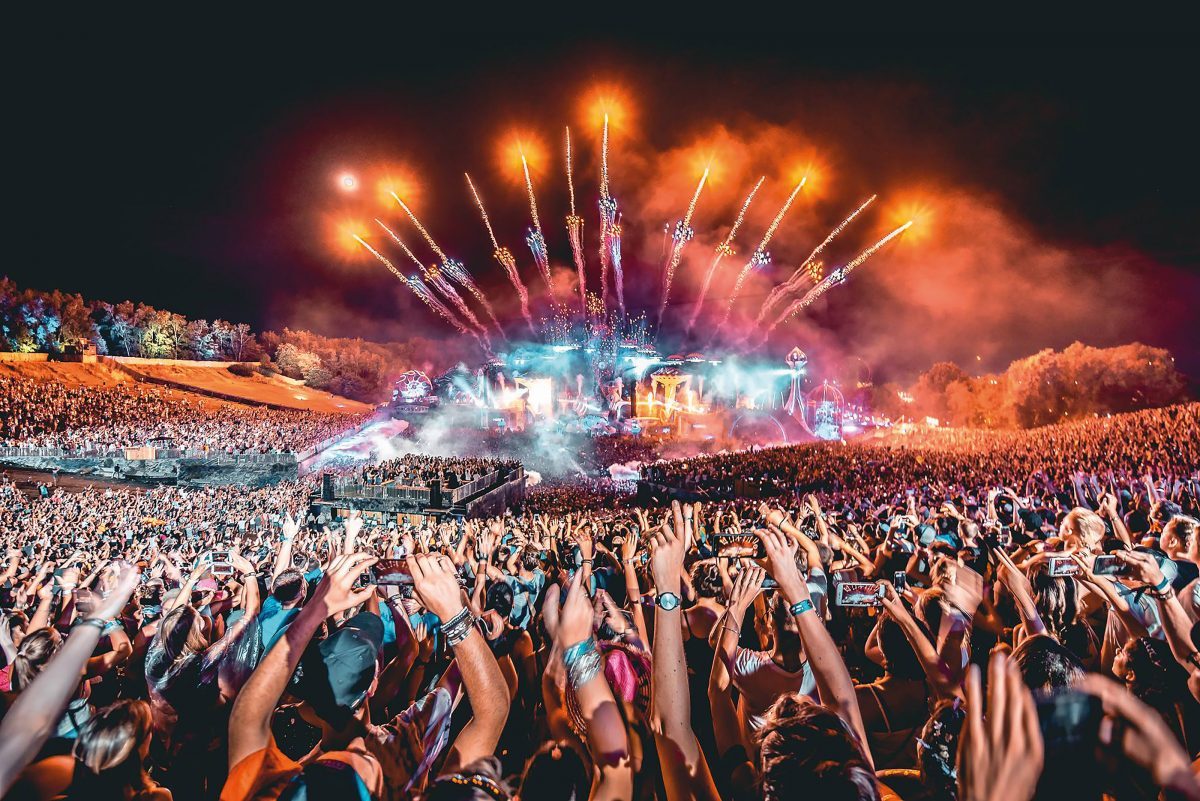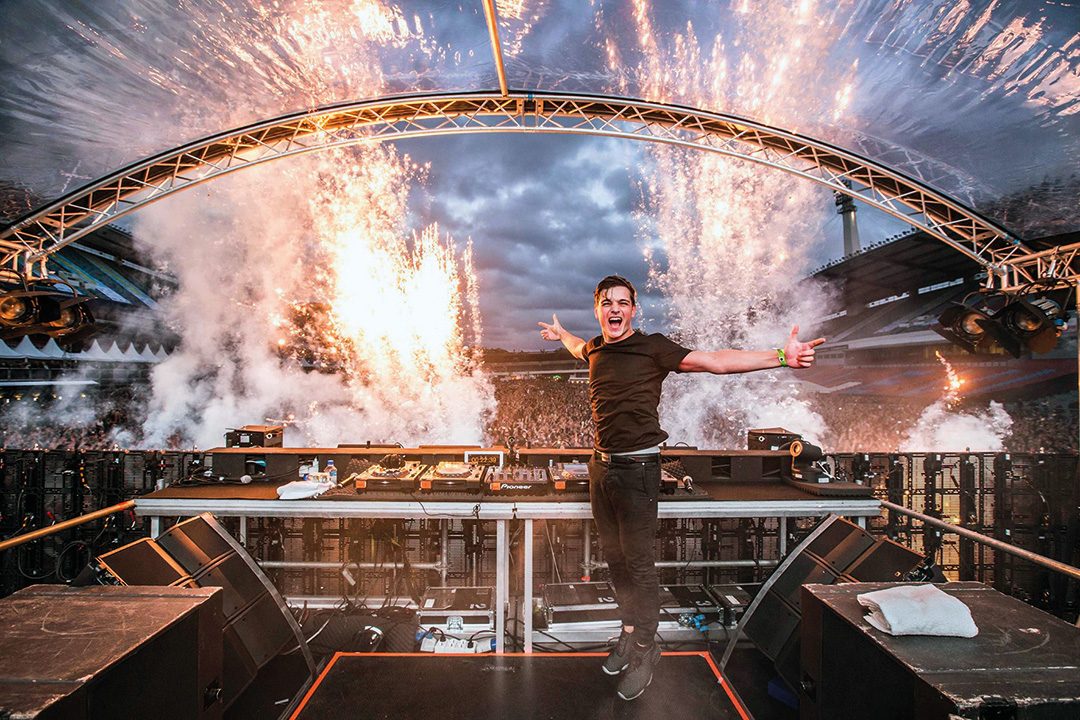The Dance Festivals Have Gone Dark: the Dutch dominated a global, multibillion-dollar industry employing tens of thousands and spawning millionaire D.J.’s. These days, it was shuttered

It would have been a routine gig, playing electronic dance music in a sports stadium filled with 40,000 fans at a festival in Chengdu, China, last weekend. Martin Garrix, described as the world’s No. 2 D.J., performs at around 150 such events a year. But now, because of the coronavirus, electronic dance music parties and festivals across the world are over, even in Mr. Garrix’s home country, the Netherlands, where they are an important export product, an $8 billion industry employing around 100,000 people.
Nowadays, all shows and festivals have been cancelled until at least Sept. 1. Such is the prominence of the business in the Netherlands that the cancellation was announced by the Prime Minister, Mark Rutte, in a news conference.
Dutch D.J.’s, who normally roam the globe in private jets, now sit home wondering if this is the end of their profession. Dutch festival goers not only face a dance-less summer but now have $1 billion in advance tickets and no guarantee of refunds.
“Without a doubt this is the wisest thing to do,” Mr. Garrix said. “But I’ll miss the adrenaline, bringing thousands of people together, performing.” At 23, Mr. Garrix is a multimillionaire with 17 million fans on Instagram, but now he is at home, with his parents, who temporarily moved in with him. He hadn’t seen them for this long a period since he started touring at 16. “It’s a different life, we make puzzles and pancakes,” he said.

The dance festivals have become a fixture of modern life in the Netherlands, where there are more of them per capita than anywhere in the world; the country had 422 festivals in 2018
“Whenever there is dance music, you’ll find the Dutch,” said Mr. Garrix, whose real name is Martijn Garritsen.
Most of the larger festivals, such as Mysteryland, Tomorrowland, Awakenings and Defqon 1, easily sell out months in advance, attracting over 50,000 visitors a day, usually for one or two days.
The dance festivals are hedonistic, it’s a weekend escaping from it all and so much better than a regular club. As Dutch D.J.’s like Mr. Garrix, Tiesto, Ferry Corsten and Armin van Buuren have become global brands, filling stadiums with their one-man shows, the concept has drawn interest from U.S. entertainment companies such as LiveStyle and Live Nation who have invested in Dutch festival organizers such as ID&T.
The Netherlands is an open country where creativity and music are embraced and appreciated. Organisers make 80 percent of all revenues in the summer months. It is expected that sector wide the turnover will be halved and that we’ll lose around 50,000 jobs.
While the Dutch descend from Calvinists, the Netherlands is the home of legalized marijuana and prostitution, the famed Dutch tolerance making the country fertile ground for the dance festivals.
Allowing hedonism is embedded in Dutch culture: the coffee shops, legalized prostitution. The state tolerated dance music and this allowed it to grow much faster here compared to other countries. Where some countries cast a wary eye at the festivals as they developed in the 1990s, the Dutch government embraced them, even sending health workers to test the drugs the participants were taking to avoid overdoses. And from the industry, they prospered mightily. The Dutch used to ply the seven seas with ships, now they were flying around in private jets with digital beats.
The coronavirus caught the Dutch dance entrepreneurs completely off guard. As festivals began to be cancelled around the globe, many of the D.J.’s found themselves marooned. Sam Feldt, 26, had been looking forward to his set at the Avant Gardner in Brooklyn on March 13 but President Trump started closing America’s borders. “My show got cancelled and I found a seat on one of the last flights back,” he said. He had been booked for the entire summer. But now, he said, while cooking dinner with his girlfriend in his house in Amsterdam, “I hope we can restart in September.”
Some D.J.’s were less optimistic. “I’m pretty sure I won’t be doing any gigs this year,” said Joris Voorn, 43, enumerating the reasons. “No. 1: I fly around the world. No. 2: I play in front of tens of thousands of people,” he said. “Unless there is a miracle, I don’t think these two things will be possible anywhere this year and perhaps not next year.”
In Amsterdam, an optimistic Mr. Garrix was already looking forward to the time when he could perform before a live audience once again. “Just think of the massive release, the energy and sense of freedom at the first party after coronavirus,” he said. “It’s going to be fantastic and insane. I can’t wait.”
